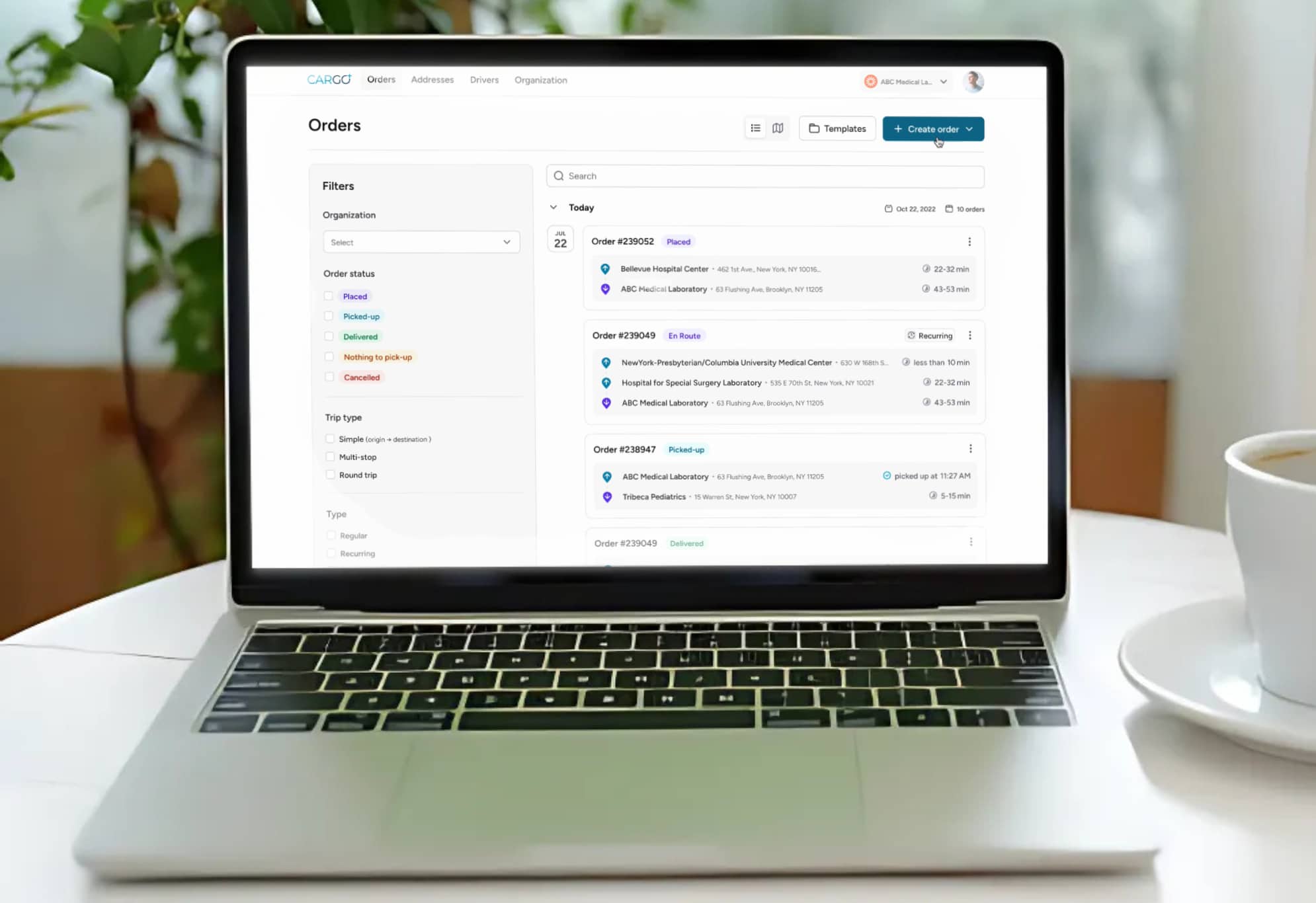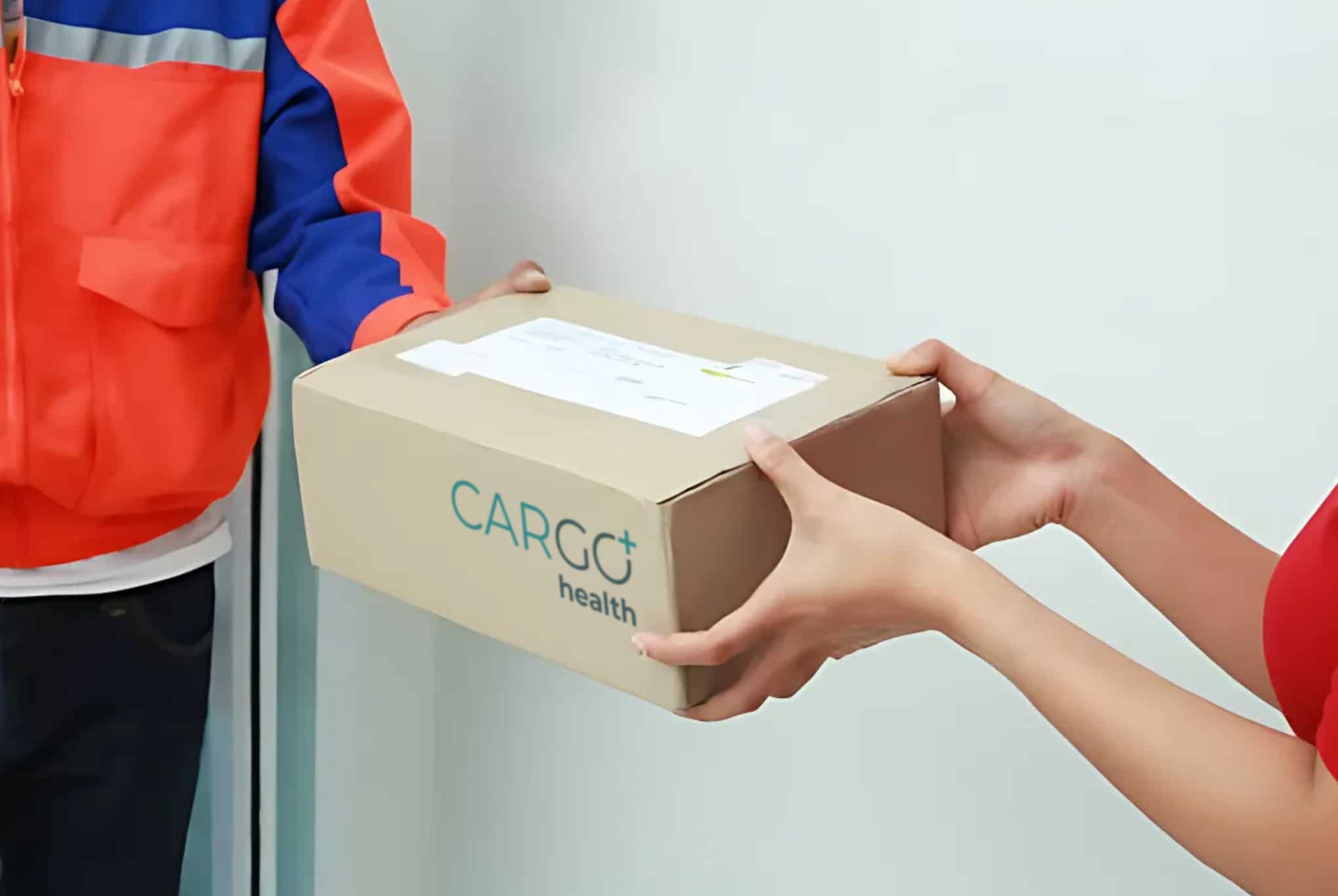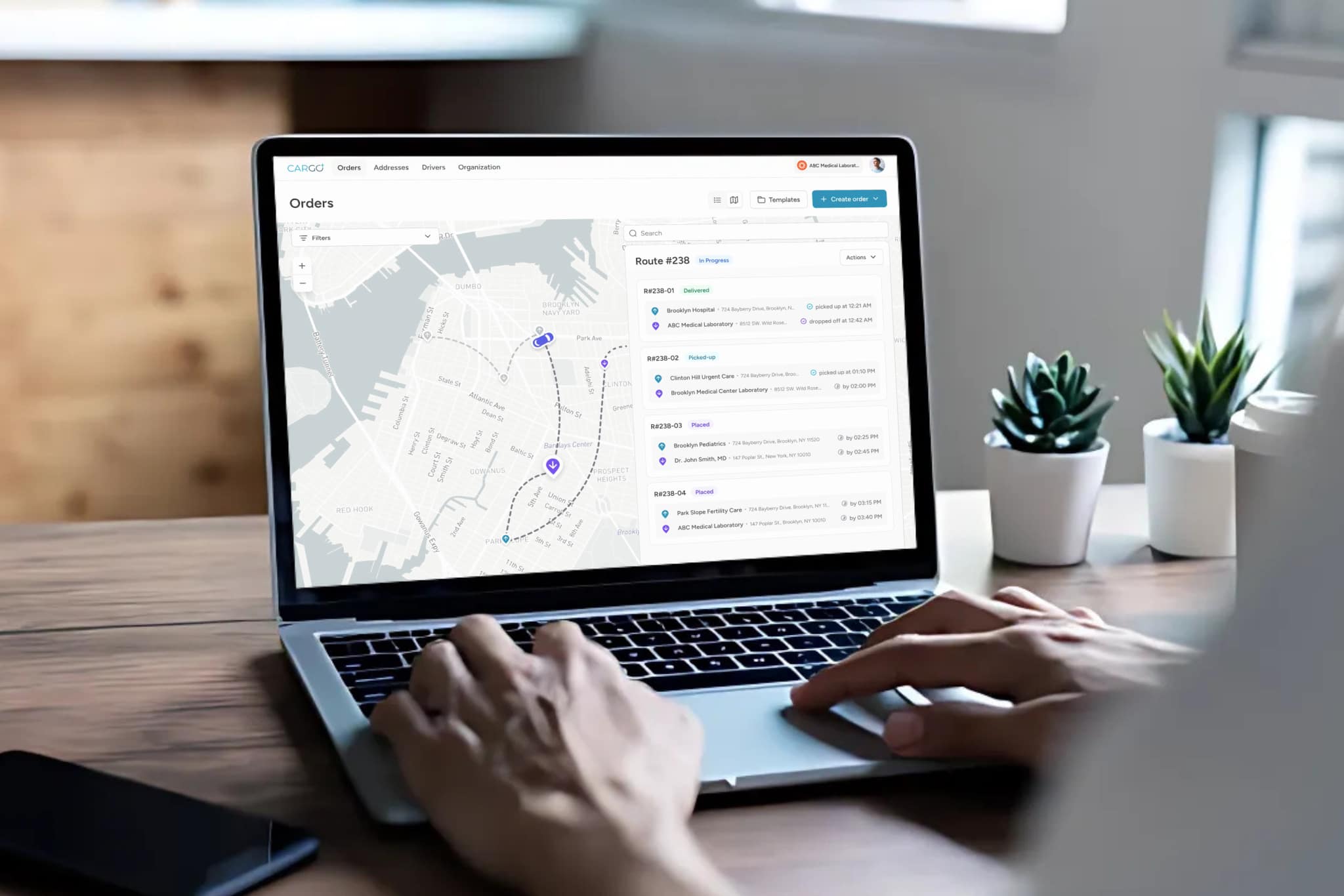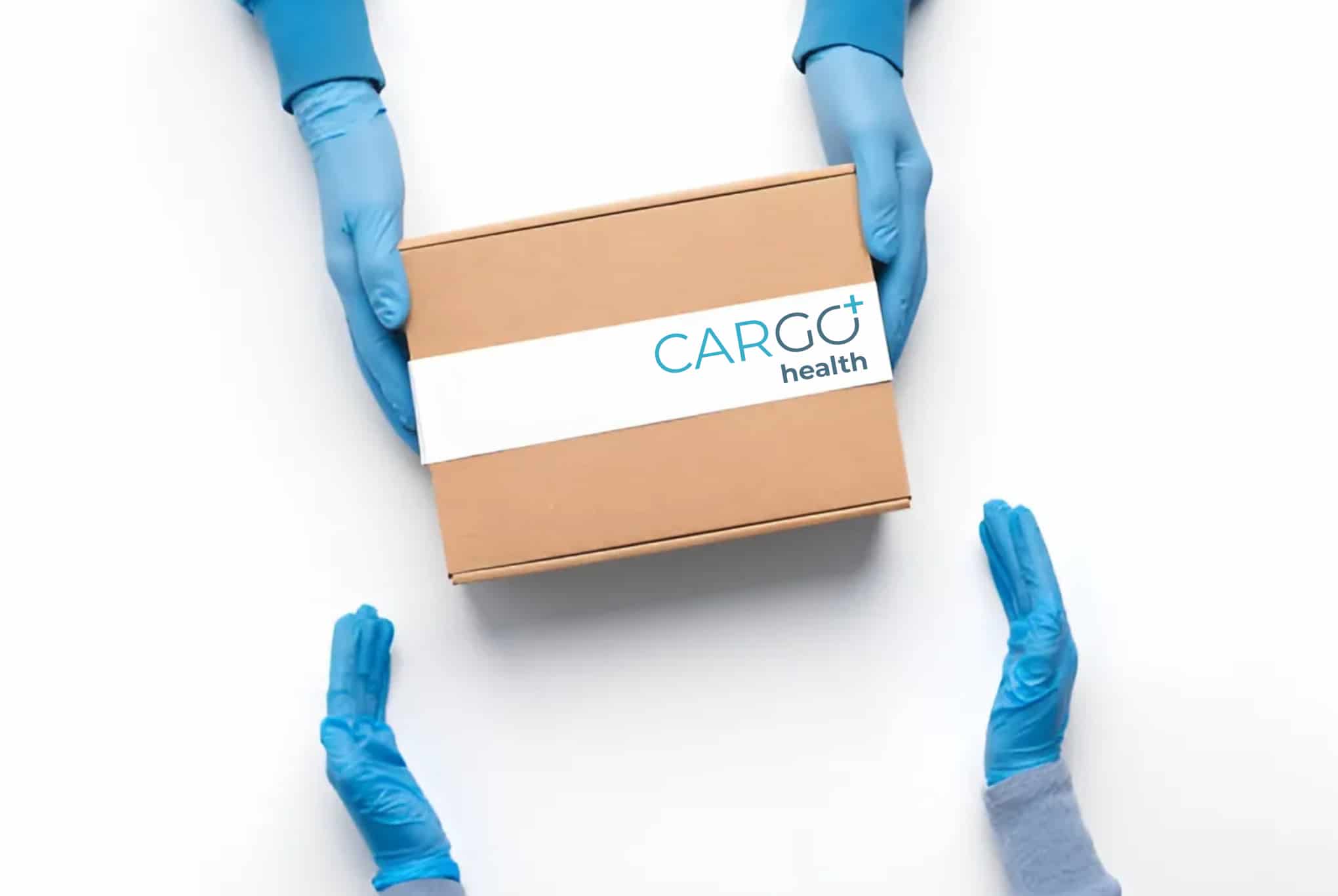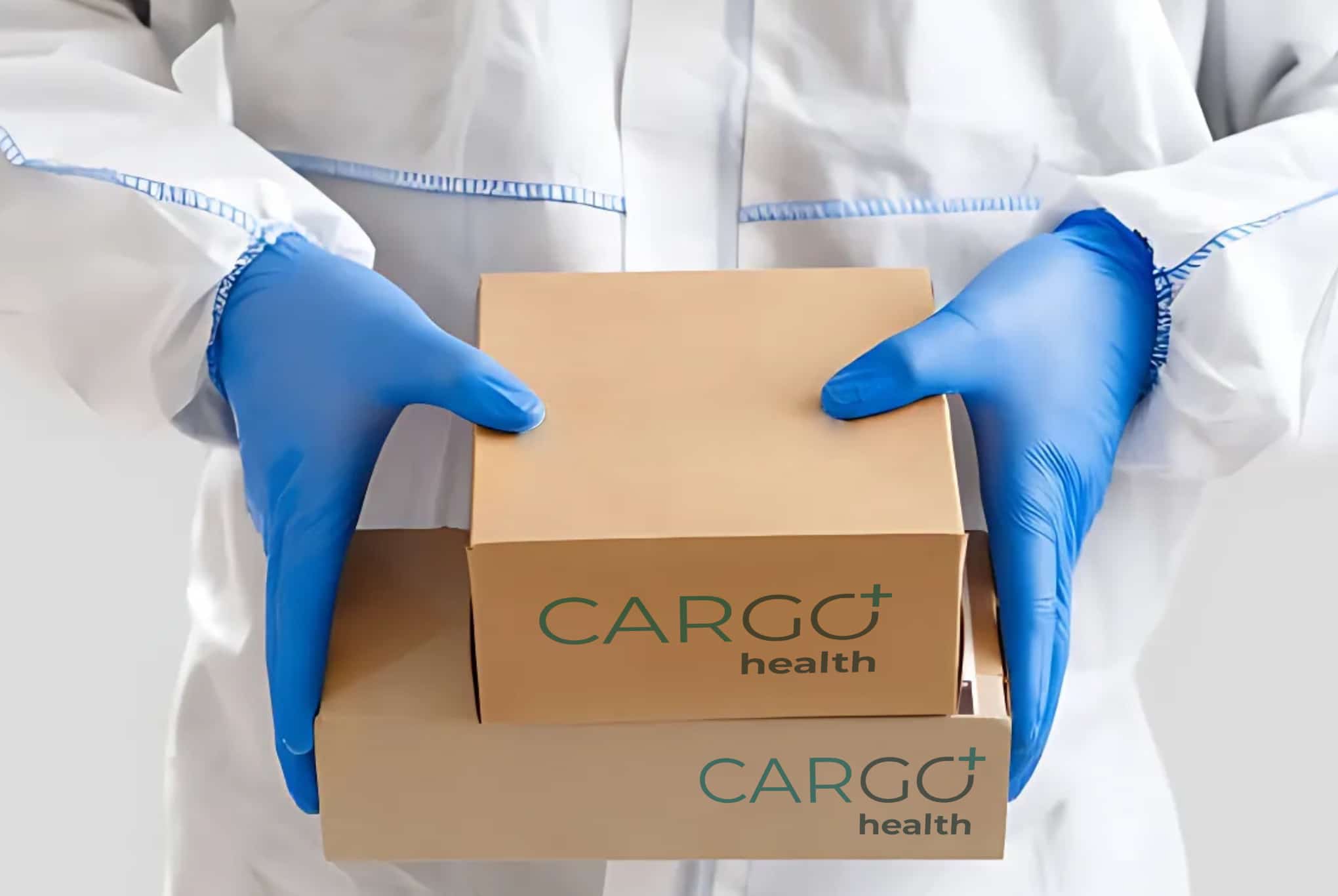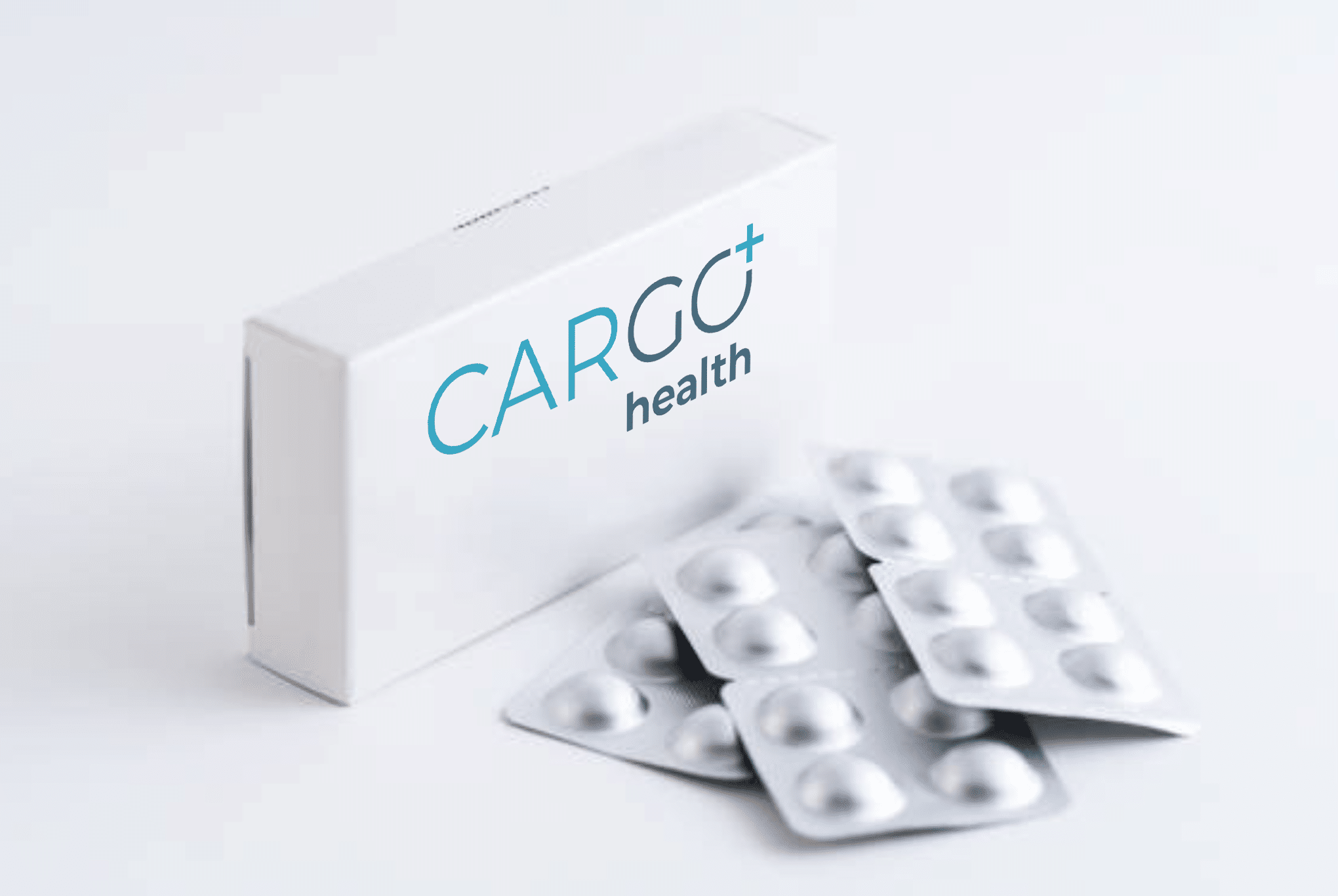Building Trust: Confidentiality and Data Security in Medical Courier Operations

Medical courier operations sit at the intersection of logistics and critical healthcare needs. These operations are not just about ensuring timely deliveries but maintaining the integrity of the contents and protecting the data that accompanies them. A single lapse in judgment, a minor oversight, or a technological glitch can have far-reaching consequences, both for the patients and the healthcare providers involved.
Historical Context
In the analog age, couriers dealt mainly with tangible items. Physical copies of medical reports, samples, equipment, and more, all of which required robust packaging, climate control, and sometimes even pressurization. The introduction of electronic health records (EHRs) and digitized diagnostic reports changed the game. Now, a considerable portion of what’s being “delivered” is data. As medical information transitioned online, the threats to them multiplied exponentially. Hacking, phishing, and data breaches became new challenges the industry had to grapple with.
Confidentiality in Medical Courier Operations
Defining Medical Courier Confidentiality
Confidentiality in the medical courier context is multi-faceted. Firstly, there’s the physical confidentiality: ensuring that the contents of a package remain sealed and unseen by unauthorized eyes. Next is digital confidentiality, ensuring that any electronic data accompanying a shipment, or the data associated with the logistics, remains encrypted and impervious to breaches.
Importance and Repercussions of Breaching Confidentiality
Patient data is not just information; it’s a part of the patient’s identity. In the wrong hands, this information can lead to identity theft, insurance fraud, and more. For the patients, it’s a breach of their privacy, a violation of their trust in the healthcare system. For medical couriers, beyond legal repercussions and potential financial penalties, there’s a loss of reputation which can be irreparable.
Regulatory Landscape
In the United States, there are strict regulations governing the handling and transport of medical data. For instance:
- HIPAA: This act stipulates that any organization or business associated with healthcare operations must have specific protections in place to secure patient data.
Operational Measures for Ensuring Confidentiality
To ensure confidentiality, medical couriers are adopting multiple layers of security. For tangible items, tamper-evident seals, secure storage facilities, and GPS-enabled transport vehicles with real-time tracking are becoming standard. On the digital front, end-to-end encryption, secure data transmission protocols, and rigorous IT security measures are essential. Moreover, every staff member, from IT professionals to delivery personnel, undergoes regular training to keep them updated on the best practices and the latest threats.
Data Security in Medical Courier Operations
Threat Landscape
The cyber threat landscape is continuously evolving. While external threats like hacking, ransomware, and phishing remain persistent, internal threats due to employee negligence or even malice can’t be overlooked.

Technological Solutions
Deploying state-of-the-art cybersecurity solutions is no longer optional. Tools such as:
- Advanced Encryption: Especially crucial during data transmission. Even if intercepted, the data remains unreadable.
- Multi-factor Authentication (MFA): Ensures that even if login credentials are compromised, unauthorized access is still thwarted.
- Blockchain: For some courier operations, especially those dealing with high-value shipments, blockchain can provide an immutable record of every transaction, enhancing transparency and security.
Operational Measures for Ensuring Data Security
Apart from tech solutions, it’s essential to have operational measures in place:
- Regular Audits: To identify vulnerabilities in the system.
- Employee Training: Since human error remains one of the most significant vulnerabilities.
- Incident Response Plans: So if a breach does occur, its impact can be minimized, and the breach can be rapidly contained.
Challenges in Balancing Speed with Security
Prioritizing Speed and Efficiency
In the medical courier industry, delays can result in critical diagnostic results not reaching in time or life saving medications not getting to the patients when they need them. This inherent urgency has led to an emphasis on speed and efficiency. Technologies like IoT for real-time tracking and AI-driven route optimizations have become integral to operations.
The Speed-Security Conundrum
However, the faster and more connected the system gets, the larger the surface area for potential security vulnerabilities. Real-time data transmissions, necessary for tracking and updating logistical routes, can become potential points of data breaches.
Overcoming the Dilemma
The key lies in not viewing speed and security as mutually exclusive. Advanced encryption methods that don’t significantly slow down data transmission, and hardware-based security solutions like secure data storage chips in IoT devices, can ensure that while data flows swiftly, it remains impenetrable.
The Role of Human Resources in Building Trust
Training and Awareness Programs
While technology plays a pivotal role in confidentiality and data security, human resources remain the front line of defense. Regular training programs that emphasize the importance of data security, best practices, and the latest threats are indispensable. Such programs help in building a company culture where data protection is ingrained in every action and decision.
Employee Screening and Vetting
Given the sensitivity of the data handled, rigorous screening and vetting processes for hiring employees are essential. Background checks, previous employment verifications, and even periodic re-evaluations ensure that the people in the system uphold its integrity.

Feedback Loops and Reporting Mechanisms
Open channels of communication between management and ground-level employees can be invaluable. Feedback mechanisms allow employees to report potential vulnerabilities, while anonymous reporting systems can let them flag any malicious activities without fear of reprisals.
Innovations and The Road Ahead
Adoption of Advanced Technologies
The future of medical courier operations will see an even greater reliance on technology. From AI-driven logistics optimization to the use of drones for delivery in hard-to-reach places, innovation will reshape the industry.
Balancing Tech with Human Oversight
However, with every technological leap, there will be new security challenges to confront. It will be crucial to ensure that while systems become more autonomous, there’s always human oversight, an essential failsafe.
Staying Ahead of the Curve
The medical courier industry will need to be proactive, not just reactive. This means investing in research, collaborating with tech companies to develop bespoke solutions, and always keeping an ear to the ground to anticipate the next big challenge.
Final Thoughts
In a world increasingly reliant on digital data flows, the medical courier industry finds itself in a unique position. It has the responsibility of upholding the trust patients place in the healthcare system. This trust hinges on both the timely delivery of tangible items and the impenetrable security of the accompanying data. While challenges abound, with a judicious mix of technology, operational best practices, and human diligence, the industry is well poised to rise to the occasion.
Safeguarding Trust in Medical Courier Services
As we have navigated through the complex terrain of confidentiality and data security in medical courier operations, it is clear that the industry stands at a crucial juncture. The responsibility to uphold the trust patients place in the healthcare system is immense, requiring a delicate balance between speed, efficiency, and uncompromising security.
At carGO Health, we are committed to being at the forefront of this endeavor, ensuring that every package, every piece of data, and every patient’s trust is treated with the utmost respect and safeguarded at all costs. Our comprehensive training programs, state-of-the-art security protocols, and unwavering dedication to excellence are the pillars that support our mission to deliver not just packages, but peace of mind.
In a world where data flows as freely as it does now, the importance of confidentiality and data security cannot be overstated. carGO Health stands ready to meet these challenges head-on, evolving with the times, adopting innovative technologies, and never losing sight of our ultimate responsibility: the trust and well-being of our clients and their patients.
Choose carGO Health, and join us in setting new standards of excellence in medical courier services, where confidentiality, data security, and patient trust are not just priorities, but our promise.
Discover the carGO Health Difference, Get a Demo or Contact Us today.
